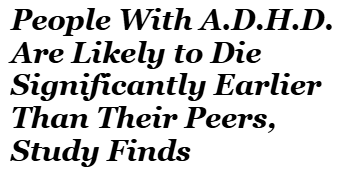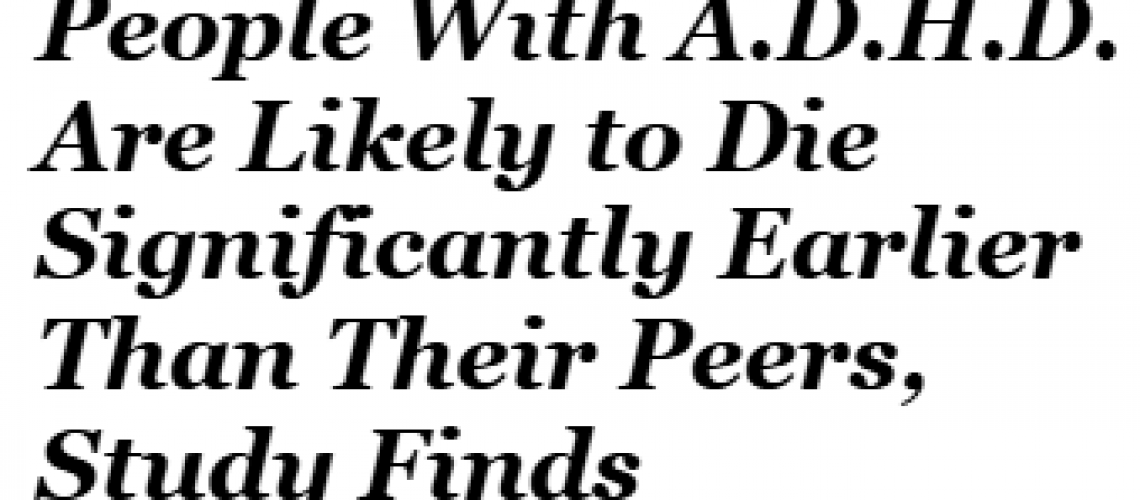
When our then five-year-old child was diagnosed as gifted and ADHD, we ignored the gifted label. The gifted part was oh so evident, he even answered the evaluator’s questions in Hebrew – so he could spice up the boring assessment activities. We assumed the gifted part of our child would “take care of itself.” But ADHD! That sounded bad! Attention. Deficit. Hyperactivity. Disorder. I went whole hog down that rabbit hole (sorry for the mixed metaphor), and learned that our child would likely:
- Get in trouble a lot
- Drive recklessly
- Do drugs
- Become an alcoholic
- Get divorced
My kid was five years old at the time and this is what I learned from my ADHD research. I rejected the ADHD model of diagnose and fix, and chose instead a positively reframing approach. Thank Gd I made this shift because current and past research clearly demonstrate that deficit-focusing and negative assumptions lay the groundwork for self-fulfilling prophecies like the recent study published in the UK by Cambridge University Press and published in the British Journal of Psychiatry, concluding that the life expectancy for adults identified with ADHD “experience poorer educational and employment outcomes, worse physical and mental health and are more likely to die prematurely,” O’Nions E, El Baou C, John A, et al. Life expectancy and years of life lost for adults with diagnosed ADHD in the UK: matched cohort study. The British Journal of Psychiatry. Published online 2025:1-8. doi:10.1192/bjp.2024.199.
Just when I thought the ADHD label was as bad as it could get.
It could be argued that based on this research, we should rename ADHD to “Attention Deficit Hyperactivity Life Expectancy Deficit.”
It could be argued that based on this research, we should rename ADHD to “Attention Deficit Hyperactivity Life Expectancy Deficit.”
That’s cheery.
Actually, I did rename ADHD to Hyper Attention Activity Deficit, in a blog several years ago. I find that people identified with this brain receive stimuli from multiple sources simultaneously and need to move to achieve their best results. But their ability to notice is called “failure to focus” and they are often admonished for their natural kinesthetic abilities. Think of the different messaging that a deficit focused label versus a strength-based label give to both the person diagnosed and those who hear the diagnosis. One is certainly glass-half empty, there are things wrong and they need to be fixed, versus there are abilities that allow this person to thrive. The change in language allows a perspective shift, debunking the negative assumptions and often catastrophic conclusions that occur about this population.
The Cambridge University study concludes that “Adults with diagnosed ADHD are living shorter lives than they should” and that this is “caused by modifiable risk factors and unmet support and treatment needs in terms of both ADHD and co-occurring mental and physical health conditions.” In my opinion, this study starts in the middle of the story. Certainly, ADHD brains need support in various environments. Not every ADHD brain is created equally and because of multiple neurodiversity, some ADHD brains are able to compensate and cope in different ways. If ADHD is not viewed as a disease that has to be cured, but rather a diversity that includes incredible strengths, I believe we would see a decrease in negative self-affect, anxiety, and self-doubt with an increase in life expectancy and enjoyment.
Unfortunately, it’s not just the academics who focus on deficit-based conclusions. The popular press, namely the New York Times, took this study and blasted a deficit-focused headline the likes of which nearly sent me into a fit of apoplexy.
People With A.D.H.D. Are Likely to Die Significantly Earlier Than Their Peers, Study Finds
People With A.D.H.D. Are Likely to Die Significantly Earlier Than Their Peers, Study Finds
Whoa, no beating around the bush there. The article interviews several experts and concludes that systems are to blame. On the one hand the article talks about addressing needs of those identified with ADHD – all the ways to fix the person. But for me the article becomes interesting and relevant in its very last paragraph, when it finally quotes someone actually identified with ADHD who describes their life experience as repeated messages to sit and be quiet, stop being naughty, and inevitably to leave the room.
In fact, my 2e adult clients who are identified with ADHD late in life (in their forties to seventies), are relieved when they find out there is a good reason for all the negative feedback they received, and they finally understand the root cause of their deeply negative self-image. It’s the feedback loop of negative messaging internalized as “I’m bad” or “I’m broken” that leads the person identified with ADHD to self-medicate and self-harm.
I’d love to see a study on the effects of explaining the ADHD brain to a person – the incredible energy, creativity, ability to notice multiple events occurring simultaneously, and fearlessness. What happens when ADHD brains are told that they are excellent candidates for emergency situations like Emergency Medical Technicians, Emergency Room doctors, and high stakes problem solvers.
Sure, it’s important to grasp why and when you need support, for instance, that the ADHD brain can be severely challenged by boredom, inactivity, and rote multiple-step processes (think long division, cleaning your room, paying bills). If you look around at your peers, partner, and parents who are seemingly able to do things easily that are challenging for you, and you don’t have an understanding as to why, you’re going to feel badly about yourself. If everyone – your parents, teachers, employers focus on what you need to do better rather than where you shine – you’re doomed to do mediocre at best. If you happen to care how well you do, how you meet others’ expectations, and your own expectations, and you fail over and over and over again to meet those expectations – well, wouldn’t you find ways to silence that negative voice in your head?
Just once I’d like the medical doctors, psychologists, and the researchers to focus on what the person in front of them can do rather than what they think they should do. I see it repeatedly – when strengths become the focus, when blaming and shaming goes away, neurodiverse individuals miraculously overcome some of the things that are hard for them. When reminded of and allowed to spend time in areas of passion and ability, an otherwise compromised individual is motivated and has the energy and ability to take risks and try hard things. When a person feels able in various ways, some of their “un-ables” (commonly called “disabilities”) melt away because they feel competent, motivated, driven.
This is not to say that a neurodiverse individual does not need support or direct interventions. Just don’t start there. Focusing on addressing challenges more than utilizing strengths is like trying to drive a car from New York to California with a quarter tank of gas (or a quarter-filled battery). Running on fumes doesn’t get you where you want to go. For our beautiful, neurodiverse, ADHD, twice exceptional, gifted and distractible brains to achieve what everyone tells them they can – we must help fill their tank with experiences of success. Only then will they have sufficient energy to address their challenges.

Author: Julie F. Skolnick M.A., J.D.
Julie Skolnick, M.A., J.D., is the Founder of With Understanding Comes Calm, LLC, through which she passionately guides parents of gifted and distractible children, mentors 2e adults, and collaborates with and advises educators and professionals on bringing out the best and raising self-confidence in their students and clients.



5 Responses
Thank you for your insight, wisdom, advocacy and leadership! Certainly a reframe and focus shift from this news presentation is needed to adaptively support our neurodiverse world.
If the intention of sharing these findings in the mainstream news is to help those diagnosed with ADHD than the language should match the models that “Actual Adult ADHDers” respond well to… strengths-focused. 🙏🏼
Amen! Yes, my 2e adult clients who are late in life diagnosed with ADHD often tell me the diagnosis causes them great relief!
And thank goodness parents and advocates build up those with neurodiversity. Otherwise, the classroom and conversations are well, boring! Say it again, “ For our beautiful, neurodiverse, ADHD, twice exceptional, gifted and distractible brains to achieve what everyone tells them they can – we must help fill their tank with experiences of success. Only then will they have sufficient energy to address their challenges.”
Thanks for commenting Katie! Yep – we will remain strength-based at With Understanding Comes Calm!
thanks for info.